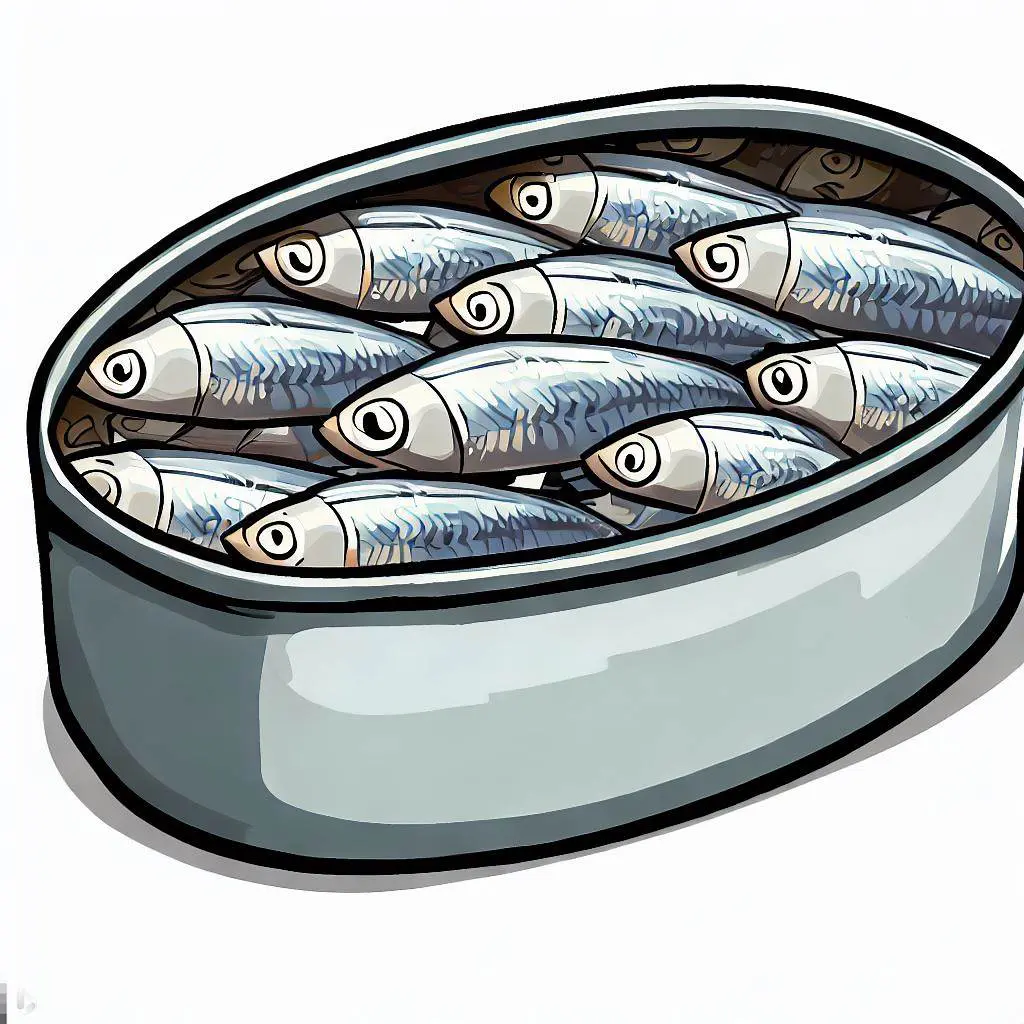A new dietary trend is making waves in the ocean of food practices – the sardine fast. This unique concept that defies conventional beliefs has generated curiosity and sparked conversations among health enthusiasts, nutritionists, and dietitians. However, the question remains: is the sardine fast a sustainable solution for pursuing a healthy lifestyle?
To begin with, it is essential to comprehend the essence of a sardine fast. This dietary regimen typically involves a limited or exclusive intake of sardines over a prescribed period. Sardines are rich in essential nutrients, including Omega-3 fatty acids, calcium, iron, zinc, and Vitamins D and B12. Despite being a low-calorie option, these small, oily fish are an excellent protein source and are favored by those who seek nutrient-dense, low-calorie food choices.
The question remains, can this approach to eating be upheld as a sustainable model for healthy living, or is its reputation as a healthier alternative to traditional diets not fully justified?
Considering the nutritional completeness of your diet is essential. While sardines offer a wide variety of crucial nutrients, they lack dietary fiber and carbohydrates, which are vital for proper bodily function. Relying solely on sardines as a long-term dietary staple could compromise one’s nutritional intake. Therefore, it’s recommended to incorporate sardines into a well-balanced and varied diet, rather than relying solely on them.
Next, the issue of toxins building up in the body, known as bioaccumulation, needs to be considered. Sardines, as a part of the food chain in the sea, can contain harmful toxins like mercury. Although they are smaller and usually have less mercury than larger fish, consuming them too frequently can still increase the risk of exposure. Therefore, it is crucial to practice moderation and maintain diversity in one’s food intake.
When considering the environmental impact of seafood consumption, the issue of sustainability arises. In this context, sardines are often regarded as a more sustainable option compared to larger, predatory fish due to their rapid reproductive rate and relatively stable populations. Yet, overfishing can still threaten their numbers and the marine ecosystems they are a vital part of. Thus, it is crucial to source sardines from sustainable fisheries to ensure their conservation and environmental protection.
Considering only the environmental aspect of sustainability is not sufficient; the human factor must also be taken into account. Can ordinary people realistically stick to a sardine-only diet for an extended period? The lack of variety in meals could result in boredom, affecting your mental wellbeing. Furthermore, not everyone has access to the resources required to maintain a consistent supply of high-quality sardines.

It appears that although the sardine fast may provide some health benefits, it falls short in terms of sustainability – both for personal well-being and the environment.
When it comes to achieving sustainable and healthy eating habits, a balanced and varied diet is key. Rather than fixating on a particular food, it’s time to focus on consuming a diverse range of nutritional sources while simultaneously reducing processed food intake. This approach ensures that your body gets a variety of nutrients while fulfilling its requirements, leading to a healthier and more wholesome lifestyle.
Integrating sardines or other nutrient-rich foods is crucial for enhancing the nutritional profile of a balanced diet. It’s an excellent addition for improving cardiovascular and bone health and overall wellness. Furthermore, sardines are packed with beneficial nutrients that are often deficient in western diets. By including sardines in your diet, you can enjoy a diverse, nutritious, and balanced meal that is helpful for your overall health.

To summarize, though a sardine fast may provide quick health benefits for a few, it’s not a feasible long-term solution for overall wellness. Instead, a balanced and diverse diet that incorporates sardines proves to be a more sustainable, accessible, and nutritionally beneficial alternative. Healthy eating relies on sustainable lifestyle choices rather than temporary diets.
It is imperative to remember that any significant dietary change should prompt a consultation with a healthcare provider or registered dietitian to determine the best course of action for your unique needs. By viewing nutrition as an exciting journey of exploration rather than a static destination, you can navigate the path to both health and sustainability through a balanced, diverse, and intentional approach to eating.
